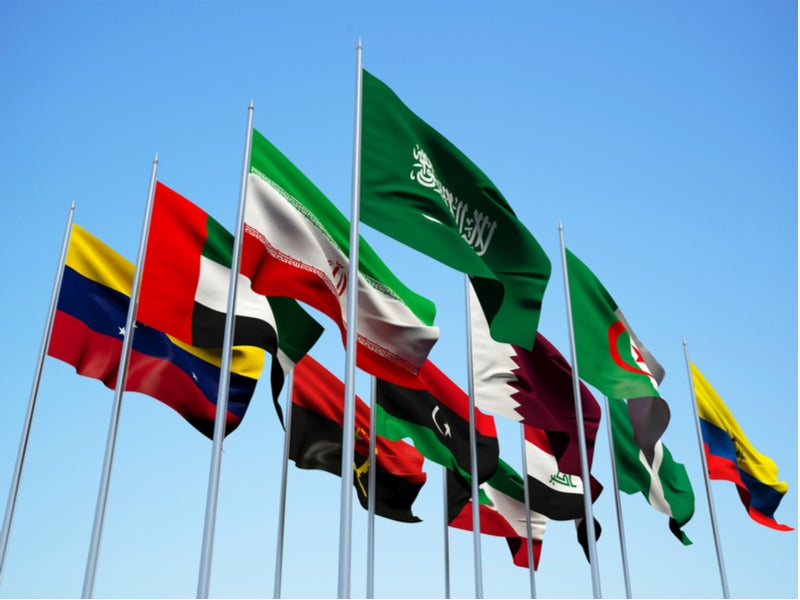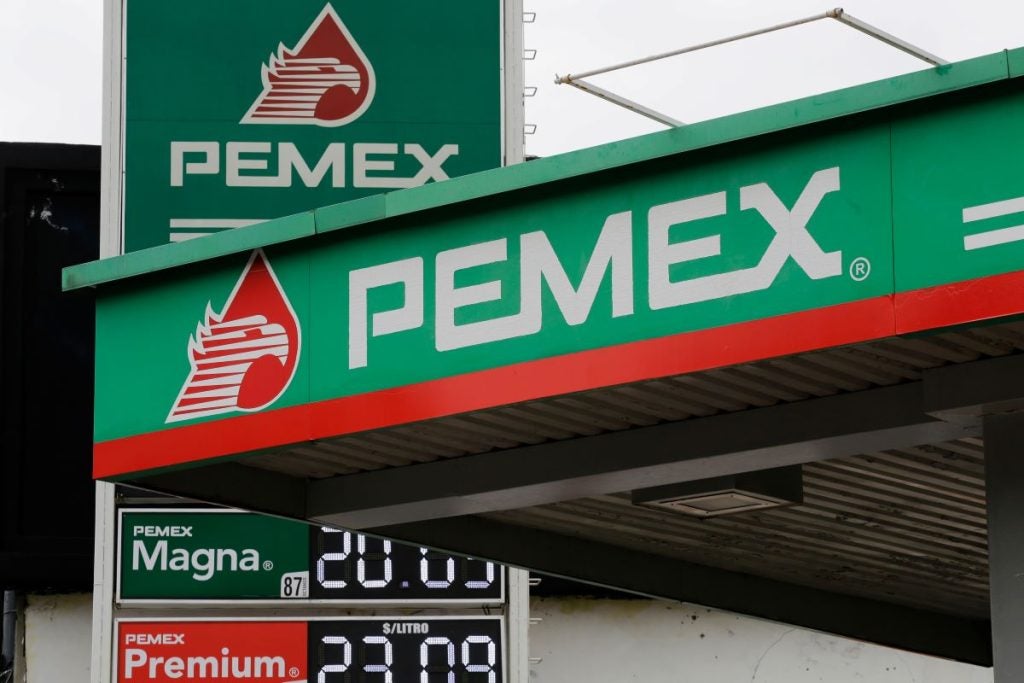Saudi Energy Minister Khalid al-Falih has said there was a consensus among Opec and allied oil producers to drive down crude inventories “gently”, but his country would remain responsive to the needs of what he called a “fragile market”.
Opec 2019
At the Opec+ Joint Ministerial Monitoring Committee (JMMC) that gathered in Jeddah on 19 May, Al-Falih said that a possible rollover of output curbs in the second half of 2019 – as previously agreed by the Opec+ alliance – was the main option discussed at the meeting. But with the added caveat that “things can change by June.”
“This [year’s] second half, our preference is to maintain production management to keep inventories on their way declining gradually, softly but certainly declining towards normal levels,” he told a news conference after the JMMC meeting.
The members of Opec, and a Russia-led non-member group of 11 oil producers, agreed to reduce output by 1.2 million barrels a day (b/d) from 1 January for six months. The deal is designed to stop inventories from building up and weakening prices.
Russian Energy Minister Alexander Novak said an easing of cuts had been discussed and the supply situation would be clearer in a month, including from countries under sanctions.
Reuters reported that Saudi Arabia, Opec’s de facto leader, and Russia were discussing two main scenarios for June’s Opec+ meeting, and that both frameworks proposed higher output from the second half.
How well do you really know your competitors?
Access the most comprehensive Company Profiles on the market, powered by GlobalData. Save hours of research. Gain competitive edge.

Thank you!
Your download email will arrive shortly
Not ready to buy yet? Download a free sample
We are confident about the unique quality of our Company Profiles. However, we want you to make the most beneficial decision for your business, so we offer a free sample that you can download by submitting the below form
By GlobalDataOne scenario was to eliminate over-compliance with agreed cuts, which would increase output by some 0.8 million b/d, while the other option was to ease the agreed cuts to 0.9 million b/d.
Al-Falih told the media in Jeddah that the market was “very fragile” because of conflicting data due to concerns about supply disruptions while inventories rise, but that a “comfortable supply situation” should be seen in the weeks and months to come.
He said high compliance with the agreed cuts was not sustainable and that over-conformity by some countries “can be reversed in June.”
The Saudi Energy Minister said that if a decision were taken at that meeting to roll over cuts, then Saudi Arabia would stay within those limits. He said the kingdom’s oil output in May and June is intended to be 9.8 million b/d.
MEED
This article is sourced from Offshore Technology sister publication www.meed.com, a leading source of high-value business intelligence and economic analysis about the Middle East and North Africa. To access more MEED content register for the 30-day Free Guest User Programme.










Related Company Profiles
Reuters
Offshore Technology Corp